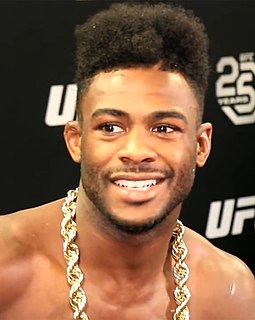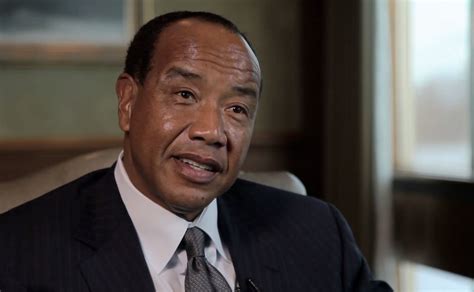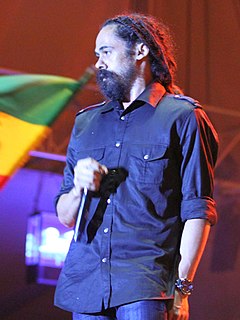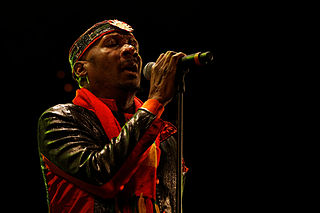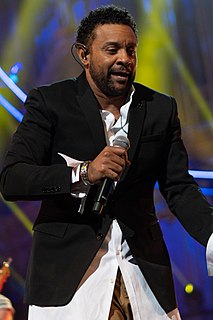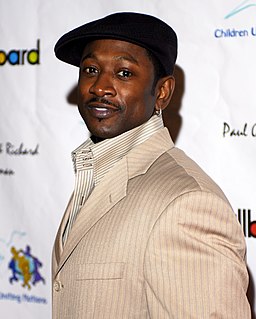A Quote by Ziggy Marley
I've been in Africa, America, moving around a lot. It's helped me to open up my mind. I was born in Jamaica; I've lived all my life there and got all I could from Jamaica. But I needed to be somewhere else to grow.
Related Quotes
I go back five generations in Jamaica. My dad grew up in Port Royal, and my mom grew up in Kingston. My family is from the country like West Moreland and also in Manchester. I've been there countless times. As far as cuisine, there's not really much that comes out of Jamaica that's on a plate that I don't like.
I'm the blackest member of my family. You know, these mixed families produce children of all colors, and in Jamaica, the question of exactly what shade you were, in colonial Jamaica, that was the most important question. Because you could read off class and education and status from that. I was aware and conscious of that from the very beginning.
Being a military child, we moved a lot and we developed different vernaculars from moving from the south, to the Midwest, and seeing the world. Going from New York to California and from Jamaica Queens to the South, I was always the new kid, or had the army crew haircut. I expected people to pick up on me. My brother kinda stole all of my old jokes. He got his inspiration from me.
I was born in St. Louis and lived in Pittsburgh for a bit, before my family moved to Nigeria, where they're from. We lived there for three or four years and came back to the States when I was about ten. I realised that I'd gone from place to place not fitting in. The thing that helped me fit in when moving around and not having a ton of friends was that I could make art. That was the through-line.

